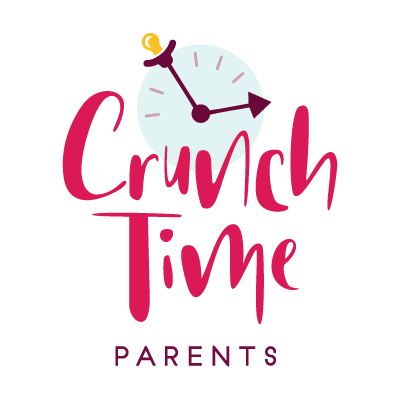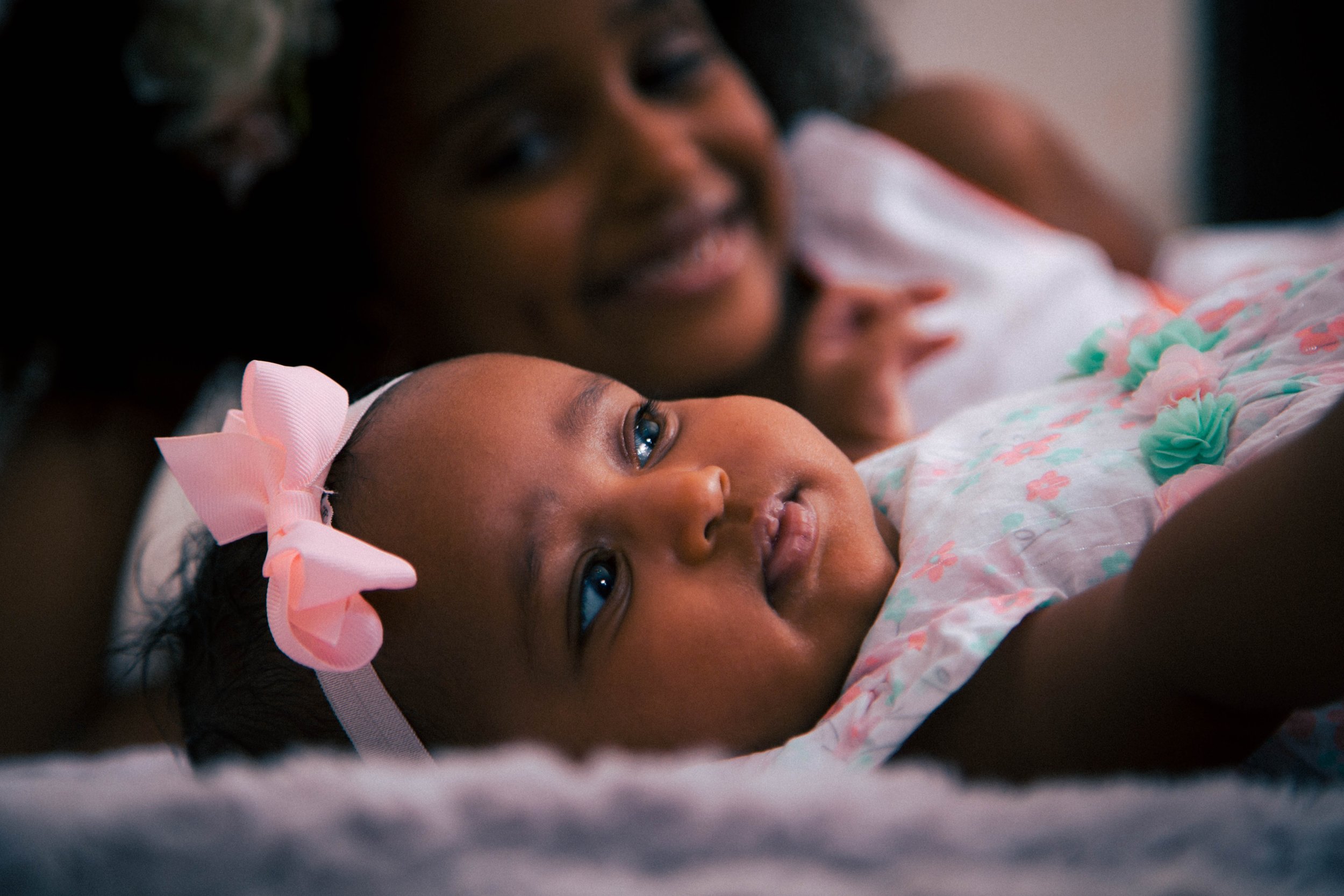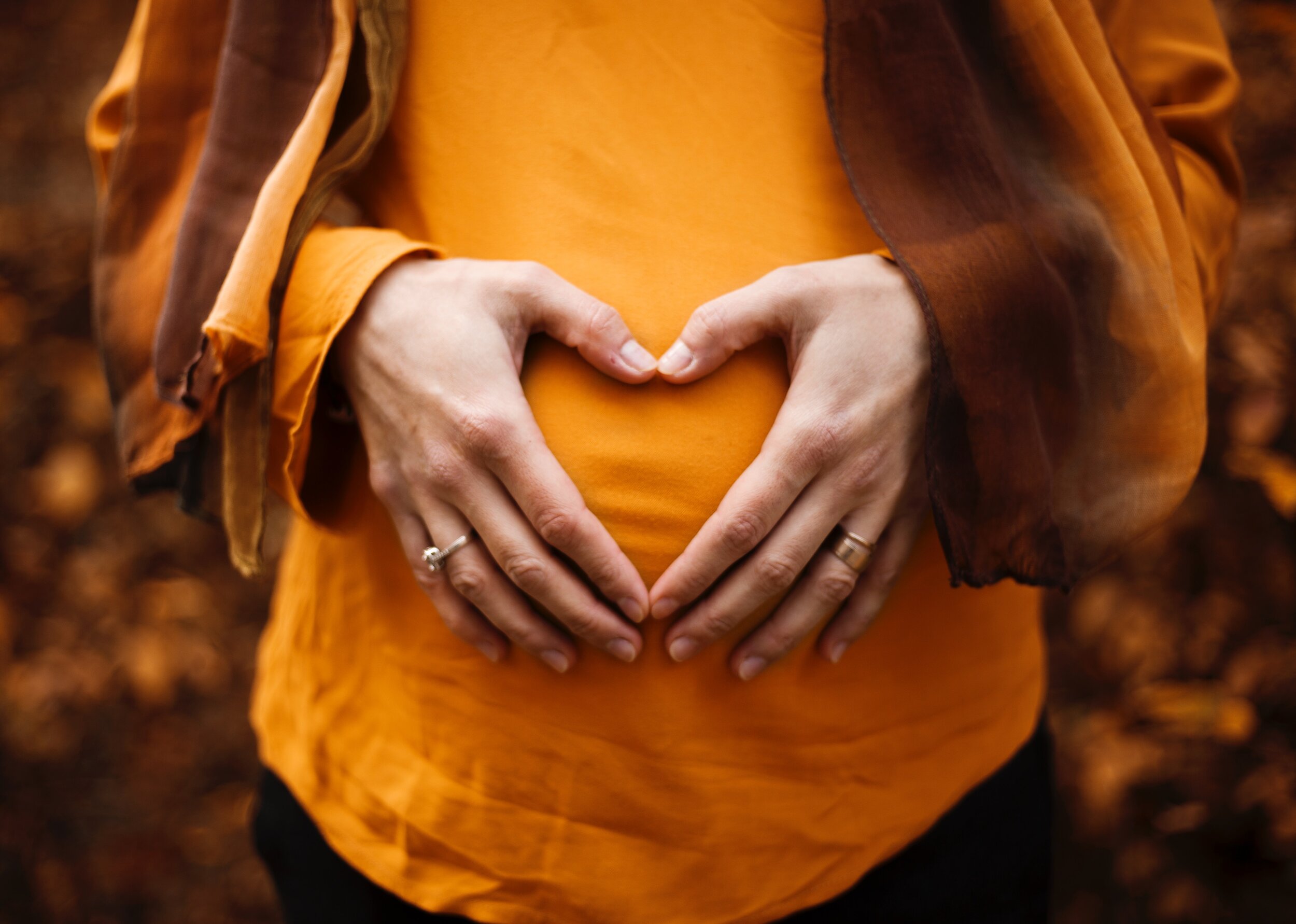The Life-Saving Magic of Doulas
/If you don't read anything else this week, read this: the New York Times Magazine's "Why America's Black Mothers and Babies Are in a Life or Death Crisis." Reporter Linda Villarosa tells the jaw-dropping story of a 23-year-old black mother of two named Simone Landrum, whose third pregnancy ended in a tragedy that could've been prevented if anyone bothered to listen.
Landrum's doctors and nurses in New Orleans kept ignoring the excruciatingly painful symptoms she reported all through her pregnancy—which should be shocking in itself, but sadly comes as no surprise to anyone who's been paying attention to reports on the horrendous rate of black maternal and infant mortality in America. (Black women are 12 times more likely to die in pregnancy or childbirth than white women.) Institutional and structural racism in the medical system is killing mothers and babies at a sky-high rate—the racial disparity in childbirth-related deaths between is now higher than it was in 1850—and the only good news is that this issue is making national headlines now.
Also promising: The latest health studies, along with powerful pieces of journalism like Villarosa's NYT article, are highlighting the crucial role that doulas can play in saving women's lives. When doctors and nurses refuse to listen to patients in the maternity ward who know something doesn't feel right (and whose symptoms can point to life-threatening conditions like preeclampsia, infections, or blood clots, as in Serena Williams's near-fatal childbirth experience), doulas will pay attention and make sure doctors take action.
Landrum's doula, Latona Giwa, a Nigerian-American founder of Birthmark Doulas (which does pro bono work for women in need) soothed her fear and anger during a terrifying moment in the delivery ward, and paved the way to a healthy childbirth.
"Among the 1,500 clients the Birthmark doulas have served since the collective’s founding seven years ago," Villarosa reports in the NYT story, "10 infant deaths have occurred, including late-term miscarriage and stillbirth, which is lower than the overall rate for both Louisiana and the United States, as well as the rates for black infants." Another impressive stat: "No mothers have died."
Despite a popular perception that doulas are a luxury reserved for the well-off, sliding-scale and pro bono doulas are available through programs around the country. In New York City, for instance, the By My Side Birth Support Program, run by the city's health department, is having a major impact: "From 2010 to 2015, mothers receiving doula support [via By My Side] had half as many preterm births and low-birth-weight babies as other women in the same community."
The strong statistics about doulas are only one takeaway from the NYT article. Read it to learn what happened to Landrum and her family, and to find out what health professionals and advocacy groups like SisterSong and the Black Mamas Matter Alliance are doing to shine a spotlight on medical racism, and to get doctors to take the most important life-saving step: Listen.
Photo by Gift Habeshaw.



















